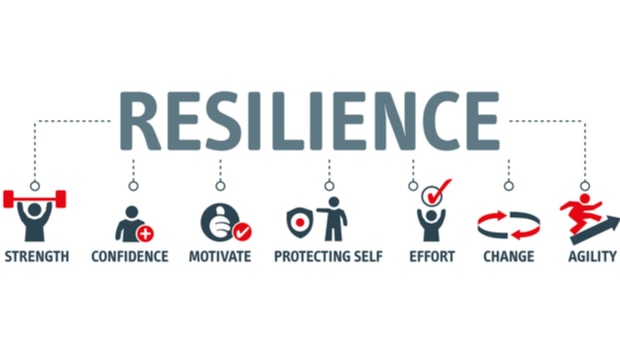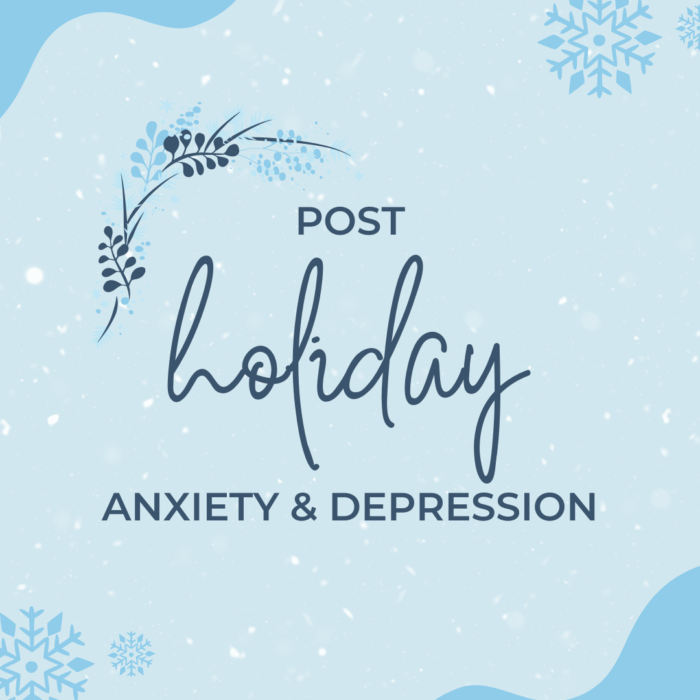Family Support During Addiction Treatment
The family plays a central and pivotal role in addiction, whether it is an addiction to alcohol or illicit drugs. During the depths of an individual’s addiction, each family member plays a pivotal role and can strongly impact the individual in both positive and negative ways. Whether the family member is acting as the dependent, the enabler, the hero, the scapegoat, or the mascot, family members, whether they are aware of it or not, have an enormous impact on the individual’s addictive behaviors. Family members are often negatively impacted by addiction and will often respond with negative coping mechanisms and reactive behaviors resulting in family dysfunction. Addiction completely changes the family dynamic, so wouldn’t it make sense that the family also plays an integral role in addiction recovery?
Family support during addiction treatment has become a continuing and powerful theme for many treatment approaches; however, family therapy in addiction recovery is often not used to its most significant capacity. A primary and ongoing challenge is to incorporate family therapy as an essential component of addiction recovery. Treatment is often solely focused on the individual, presenting a problem in the recovery process when that individual returns home to the family. The family unit is still dysfunctional because of the past addiction. Suppose family members do not play an integral role in the addiction treatment process. In that case, they most likely will not understand the ins and out of addiction, such as the biological factors, the underlying triggers, how the brain becomes re-wired, and the importance of healthy coping mechanisms and accountability. As a result, family education is key to a successful recovery.
- How do family members know what to do for their loved one’s addiction recovery?
- How do family members know how to take care of themselves during this process?
- How do family members learn what to say and not what to say to their loved ones in recovery?
- How do family members learn to recognize red flags associated with relapse?
- How do family members learn how to cope with their own pain they experienced during the throes of their loved one’s addiction?
There are so many moving parts involved in addiction treatment, and without treating the family unit, recovery can be that much more complicated.
Research has shown that family therapy in addiction recovery has better outcomes for the individual than treatment that does not involve the family. Fortunately, family therapy and education are more accepted today, and treatment centers are learning to adopt this approach. However, there still is a long way to go from here.
Family addiction education is an integral part of treatment, and the following educational objectives are often included in family addiction therapy:
- How addiction can affect the family unit
- The addiction recovery process
- How to find support for yourself
- How to support your loved one
- Ways to rebuild trust in relationships
- Setting healthy boundaries
- Communication methods
- Information about the disease of addiction, its emotional and physical effects, and its consequences
What you should look for when choosing an addiction treatment program:
- Does the program encourage family involvement with the consent of the participant?
- Is there a family educational component?
- Do they make therapy available for family members?
- Is the staff familiar with resources to which they can refer family members?




